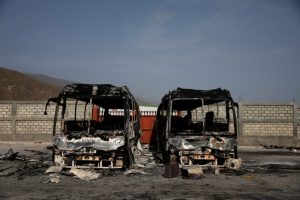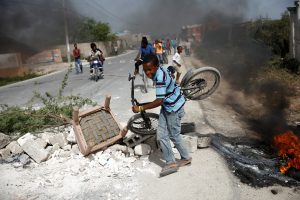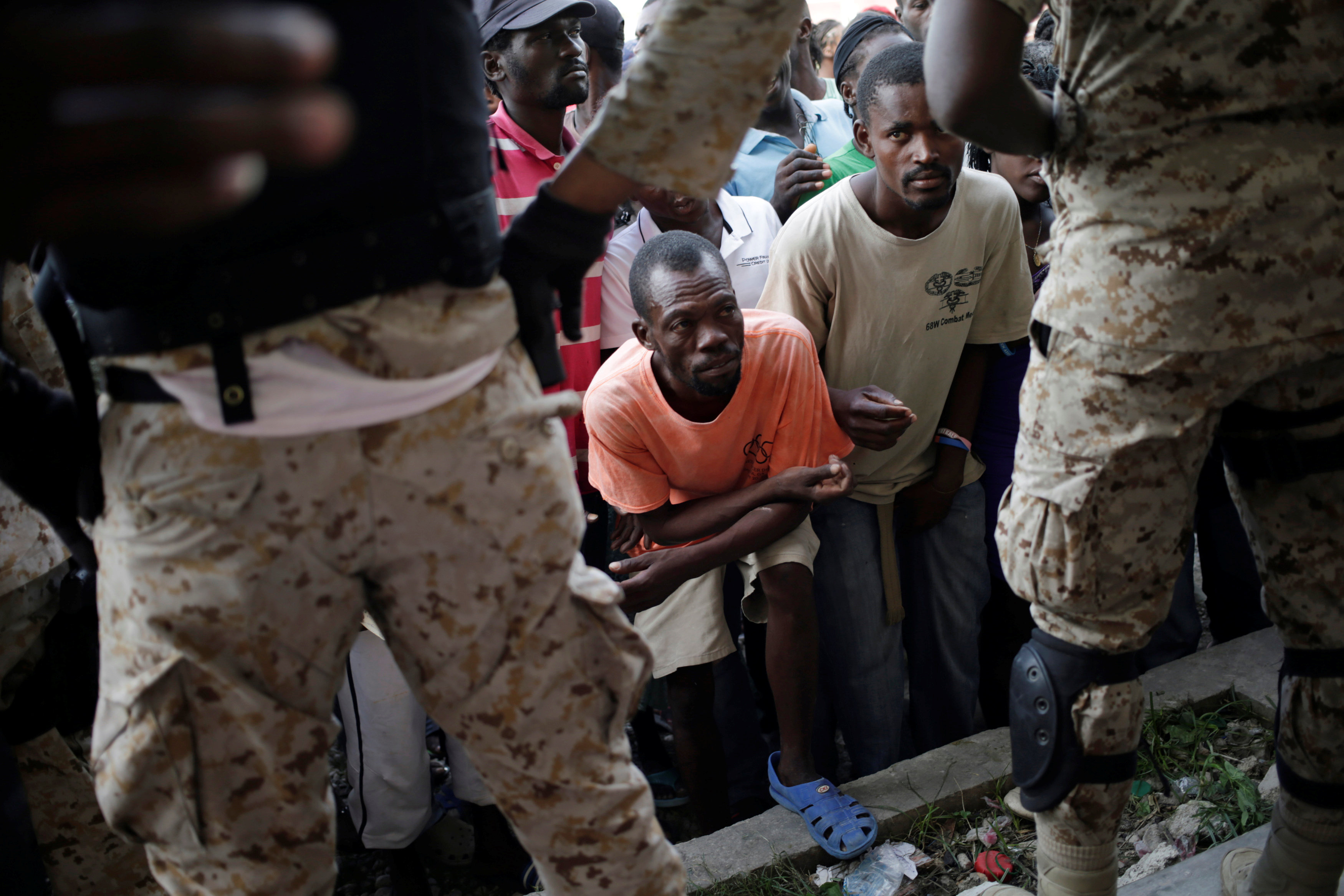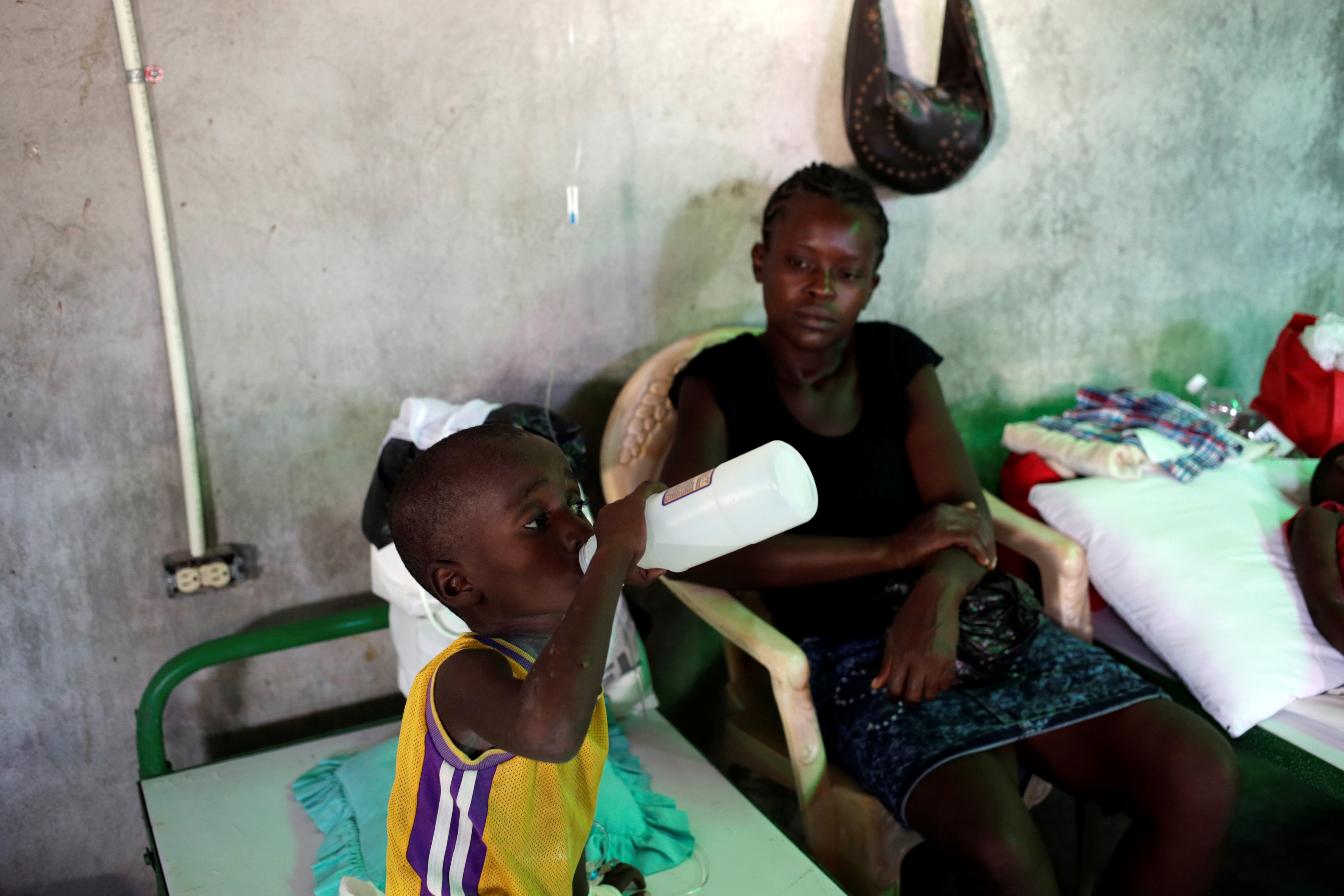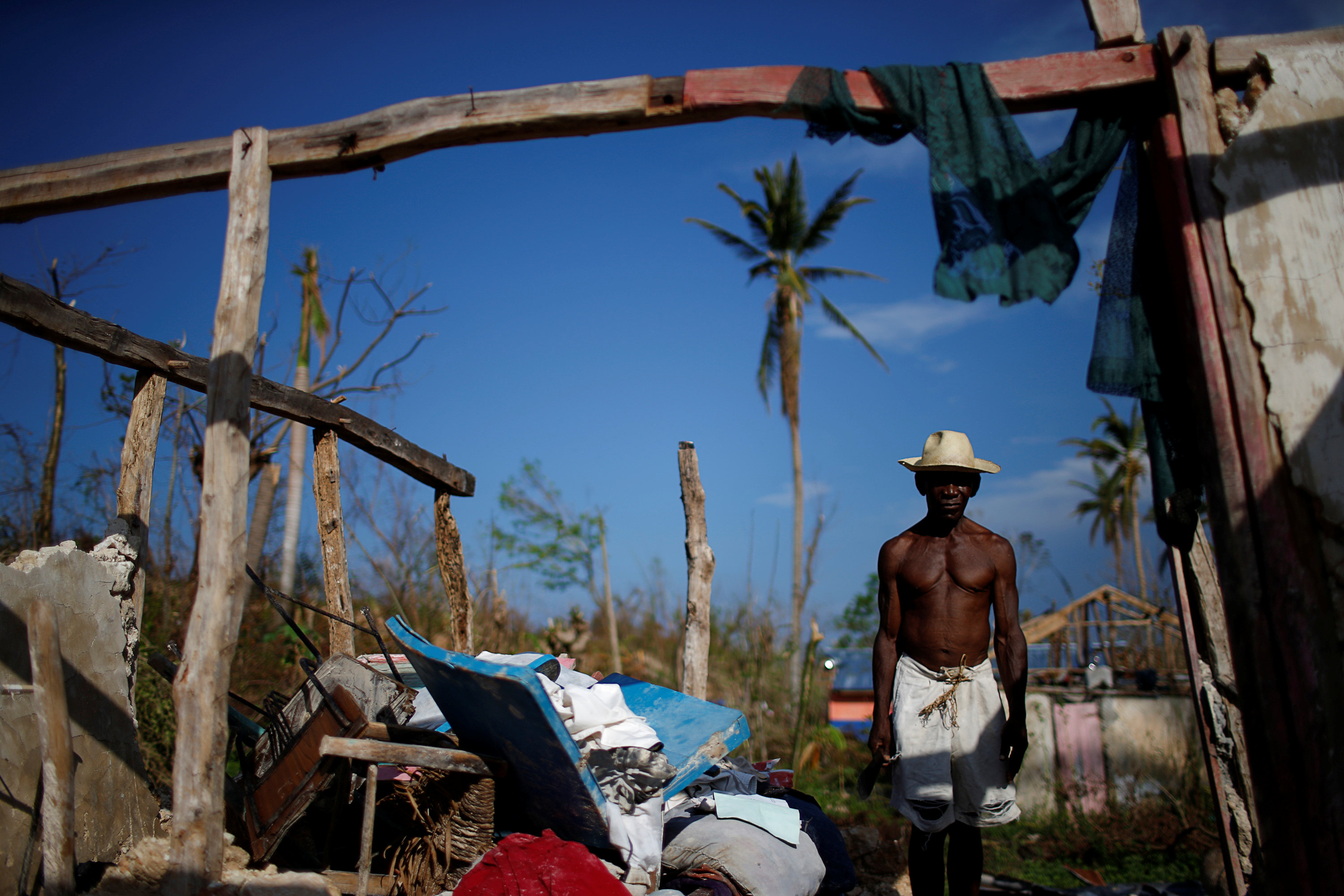
By Joseph Guyler Delva
PORT-DE-PAIX (Reuters) – An earthquake hit northern Haiti late on Saturday, killing at least 14 people and sparking a scramble by rescue agencies to help residents of the worst-hit towns in the impoverished Caribbean country.
A local official said at least eight people died in Port-de-Paix on the northern coast near the epicenter of the magnitude 5.9 quake, which struck at a depth of 11.7 kilometers (7.3 miles), according to the U.S. Geological Survey.
Four people were killed in and around the town of Gros-Morne farther south, local authorities said, including a woman who died from a heart attack suffered after the quake.
Another person was killed in the town of Chansolme when a house collapsed and one other person in Saint-Louis-du-Nord. Rescue teams fanned out to help residents, many of whom were still dealing with the trauma of a devastating earthquake in 2010.
A magnitude 5.2 aftershock on Sunday afternoon sent people rushing into the street in Port-de-Paix, with many vowing that they would not sleep inside their houses that night.
Marie Lourdes Estainvil, 45, raised her hands and loudly sang, “Jesus, we need your presence among us!” as others gathered.
There were no immediate reports of further damage from the aftershock.
President Jovenel Moise said he would send additional police and military to the region, promising to assist the families of victims.
Some houses in the worst-affected areas were destroyed by the earthquake, the agency said. The full extent of the damage was not clear though in parts of Port-de-Paix residents tried to go about their business normally on Sunday.
A local government representative said 152 people were injured in Port-de-Paix, and the most seriously hurt were taken by air ambulance to the capital Port-au-Prince for treatment. Another 30 were injured in Gros-Morne.
Among the damaged buildings was a church in the northern town of Plaisance, the civil protection agency said, adding that additional food and medical supplies were on their way to the most battered towns.
The tremor was one of the strongest to batter Haiti since the 7.0 magnitude earthquake struck near the capital in 2010. It killed tens of thousands of people.
(Additional reporting by Chelsie Jean Baptiste Writing by Dave Graham; Editing by Bill Trott and Cynthia Osterman)



